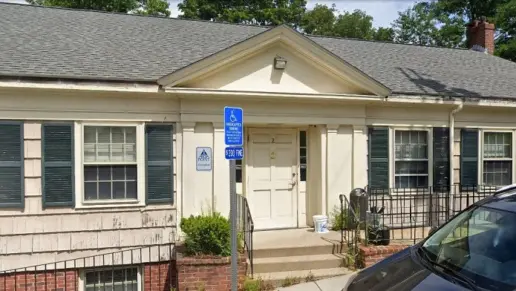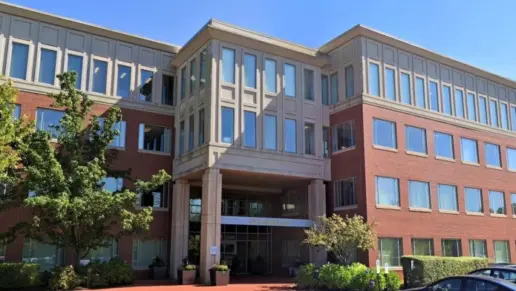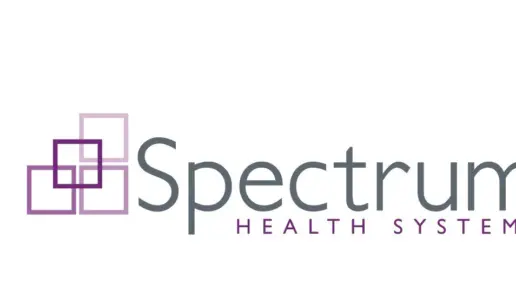About Bridge Over Troubled Waters
Bridge Over Troubled Waters is a nonprofit organization in Boston that provides life changing services for at risk youth. Their services support young people aged 14-24 who are runaways or homeless and need resources to help them find pathways to education, behavioral healthcare, stable housing and community support. Their community outreach program includes daily on foot outreach to youth living on the streets of Boston and Cambridge. Additionally they offer a mobile medical van that provides critical care including medical attention and survival kits as well as clothes, food and referrals to intake services at their office or outside agencies if needed.
Bridge Over Troubled Waters is a nonprofit organization in Boston that provides life changing services for at risk youth. Their services support young people aged 14-24 who are runaways or homeless and need resources to help them find pathways to education, behavioral healthcare, stable housing and community support.
Their community outreach program includes daily on foot outreach to youth living on the streets of Boston and Cambridge. Additionally they offer a mobile medical van that provides critical care including medical attention and survival kits as well as clothes, food and referrals to intake services at their office or outside agencies if needed.
At Bridge, behavioral health therapists provide trauma informed intake and follow up services. They aim to meet youth where they’re at and provide a positive first encounter that helps to form personal connections and start their clients on a road to self sufficiency.
The Welcome Center at Bridge is a place where youth can get a hot meal, take a shower and wash their clothing. Additionally the Transitional Day Program helps individuals improve their life skills and make connections with their case management team.
They also offer an education and career development team that can assist individuals in earning their high school certificates, enrolling in college and learning valuable job skills. Youth can attend Bridge’s alternative high school degree program where they find flexible schedules and small class sizes.
In terms of helping with housing Bridges has a transitional living program as well as single parent housing and independent housing opportunities.
Latest Reviews
Rehab Score
Gallery
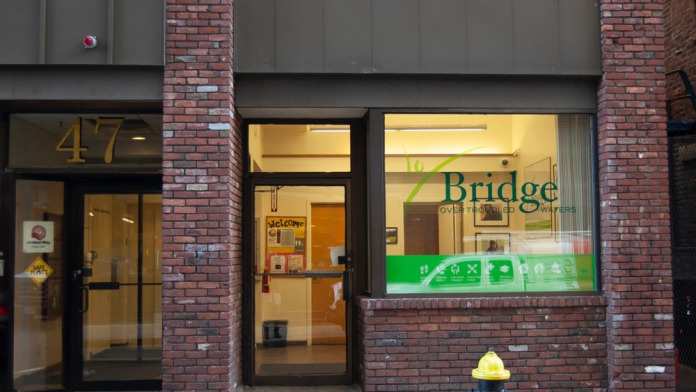
Location
Other Forms of Payment
Medicaid is a state based program that helps lower-income individuals and families pay for healthcare. Medicaid covers addiction treatment so those enrolled can use their coverage to pay for rehab. When a program accepts Medicaid the client often pays very little or nothing out of their own pocket.
Financial aid can take many forms. Centers may have grants or scholarships available to clients who meet eligibility requirements. Programs that receive SAMHSA grants may have financial aid available for those who need treatment as well. Grants and scholarships can help you pai for treatment without having to repay.
Addiction Treatments
Levels of Care
Treatments
The goal of treatment for alcoholism is abstinence. Those with poor social support, poor motivation, or psychiatric disorders tend to relapse within a few years of treatment. For these people, success is measured by longer periods of abstinence, reduced use of alcohol, better health, and improved social functioning. Recovery and Maintenance are usually based on 12 step programs and AA meetings.
Addiction is a highly complex problem, and drug rehab in Massachusetts is often necessary to address it. These programs treat physical, mental, and relational issues that are involved. Treatment empowers individuals to manage these issues without the use of drugs.
A combined mental health and substance abuse rehab has the staff and resources available to handle individuals with both mental health and substance abuse issues. It can be challenging to determine where a specific symptom stems from (a mental health issue or an issue related to substance abuse), so mental health and substance abuse professionals are helpful in detangling symptoms and keeping treatment on track.
Opioid rehabs specialize in supporting those recovering from opioid addiction. They treat those suffering from addiction to illegal opioids like heroin, as well as prescription drugs like oxycodone. These centers typically combine both physical as well as mental and emotional support to help stop addiction. Physical support often includes medical detox and subsequent medical support (including medication), and mental support includes in-depth therapy to address the underlying causes of addiction.
Programs


Clinical Services
Whether a marriage or other committed relationship, an intimate partnership is one of the most important aspects of a person's life. Drug and alcohol addiction affects both members of a couple in deep and meaningful ways, as does rehab and recovery. Couples therapy and other couples-focused treatment programs are significant parts of exploring triggers of addiction, as well as learning how to build healthy patterns to support ongoing sobriety.
Research clearly demonstrates that recovery is far more successful and sustainable when loved ones like family members participate in rehab and substance abuse treatment. Genetic factors may be at play when it comes to drug and alcohol addiction, as well as mental health issues. Family dynamics often play a critical role in addiction triggers, and if properly educated, family members can be a strong source of support when it comes to rehabilitation.
Group therapy is any therapeutic work that happens in a group (not one-on-one). There are a number of different group therapy modalities, including support groups, experiential therapy, psycho-education, and more. Group therapy involves treatment as well as processing interaction between group members.
In individual therapy, a patient meets one-on-one with a trained psychologist or counselor. Therapy is a pivotal part of effective substance abuse treatment, as it often covers root causes of addiction, including challenges faced by the patient in their social, family, and work/school life.
Life skills trainings involve all the skills a person must have in order to function successfully in the world. These include time management, career guidance, money management, and effective communication. Truly successful addiction recovery is based on the ability to not only live substance-free, but to thrive. Life skills teaches the practical necessities of functioning in society, which sets clients up for success in life, and therefore sobriety.
Staff & Accreditations
Staff
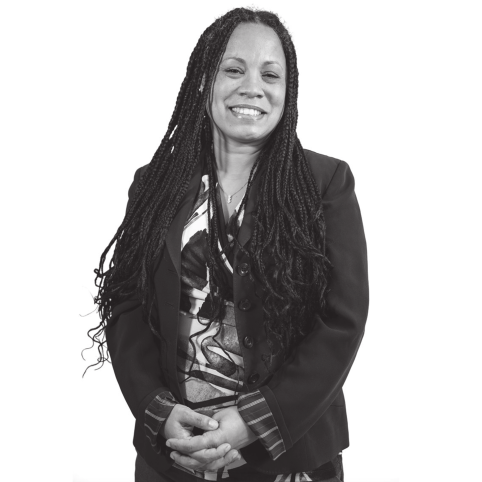
President & CEO

Clinical Director
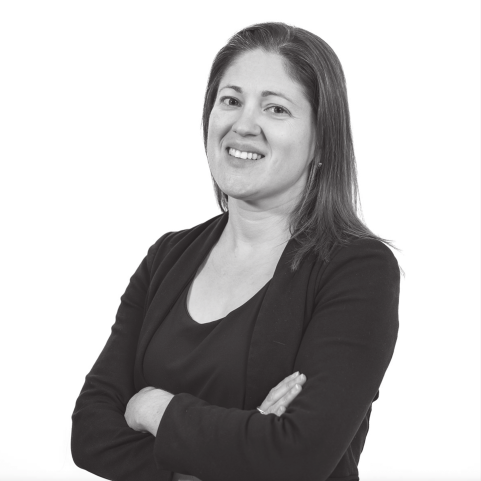
Director of Development
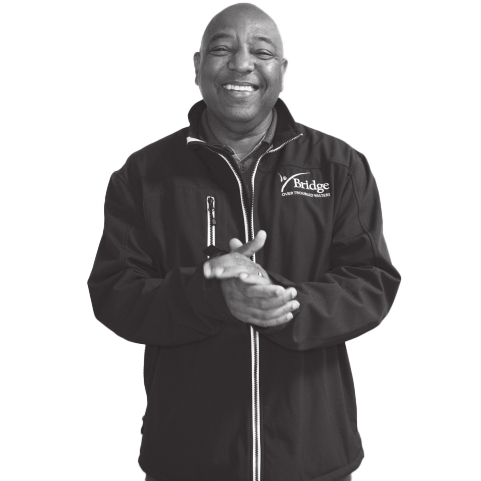
Director of Program Operations
Accreditations

The Substance Abuse and Mental Health Services Administration (SAMHSA) is a branch of the U.S. Department of Health and Human Services. Established in 1992 by congress, SAMHSA's mission is to reduce the impact of substance abuse and mental illness on American's communities.
SAMHSA Listed: Yes

State Licenses are permits issued by government agencies that allow rehab organizations to conduct business legally within a certain geographical area. Typically, the kind of program a rehab facility offers, along with its physical location, determines which licenses are required to operate legally.
State License: Massachusetts
Contact Information
47 West street
Boston, MA 02111
